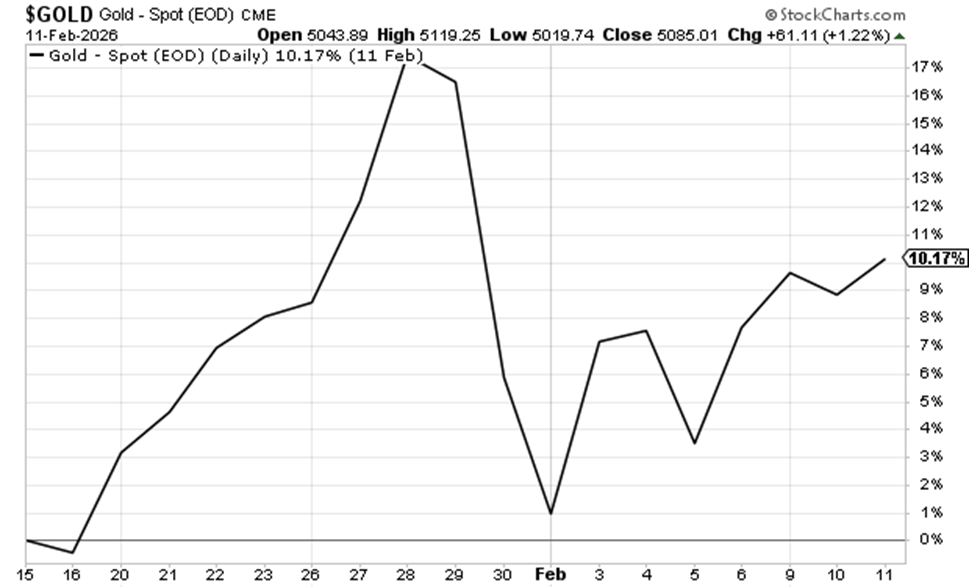Volatility in the Energy Market
With a tumultuous 7% increase in the stock value this year and trading around $38 per share, BP plc (NYSE: BP) finds itself on a rollercoaster ride. The company’s financial performance took a significant hit in FY 2023, with a 50% decrease in underlying replacement cost operating profit, largely influenced by a decrease in commodity market prices. Despite a 25% revenue drop in Q4 due to plummeting product and crude prices, BP initiated a substantial $1.75 billion share buyback, aiming to repurchase shares worth $14 billion by 2025. Additionally, the company’s net debt dipped to $20.9 billion by the end of 2023. This significant reduction, despite a hefty 42% increase in interest expenses, reflects BP’s commitment to financial stability.
Market Performance and Strategic Investments
BP stock witnessed an impressive 100% surge from $20 in early 2021 to the current level, outperforming the S&P 500. However, its returns of 30% in 2021, 31% in 2022, and a mere 1% in 2023 fell short of market expectations. With a focus on bolstering non-hydrocarbon energy ventures, such as charging stations, biofuels, and hydrogen fuels, BP is steering towards a net-zero future by 2050. The company aims to capture 10% of the hydrogen market in key business regions and plans to build substantial renewable energy capacity, including joint ventures for offshore wind facilities.
Forecast and Valuation Insights
As BP anticipates a marginal uptick in upstream production for 2024 and allocates $16 billion for capital expenditure, analysts forecast a 2% YoY revenue decline to $205.3 billion. The revised valuation of $42 per share based on an expected EPS of $4.74 reflects an attractive 11% premium to the current market price. Despite a challenging macroeconomic landscape with soaring oil prices and elevated interest rates, BP’s current valuation stands at a modest 7x forward earnings compared to its industry counterparts.
Peer Comparison and Market Trends
In a market environment marred by uncertainties, BP faces the challenge of outperforming the S&P 500 in the looming fiscal year. With stringent competition from industry behemoths like ExxonMobil and Chevron, BP’s strategic shift towards renewable energies manifests a proactive approach towards a sustainable future. As the energy landscape evolves, BP’s ability to adapt and innovate will determine its trajectory in the market.
| Returns | Mar 2024 MTD | 2024 YTD | 2017-24 Total |
| BP Return | 8% | 7% | 11% |
| S&P 500 Return | 2% | 9% | 131% |
| Trefis Reinforced Value Portfolio | -1% | 3% | 635% |
[1] Returns as of 3/20/2024
[2] Cumulative total returns since the end of 2016
Invest with Trefis Market-Beating Portfolios
See all Trefis Price Estimates
The views and opinions expressed herein are the views and opinions of the author and do not necessarily reflect those of Nasdaq, Inc.





